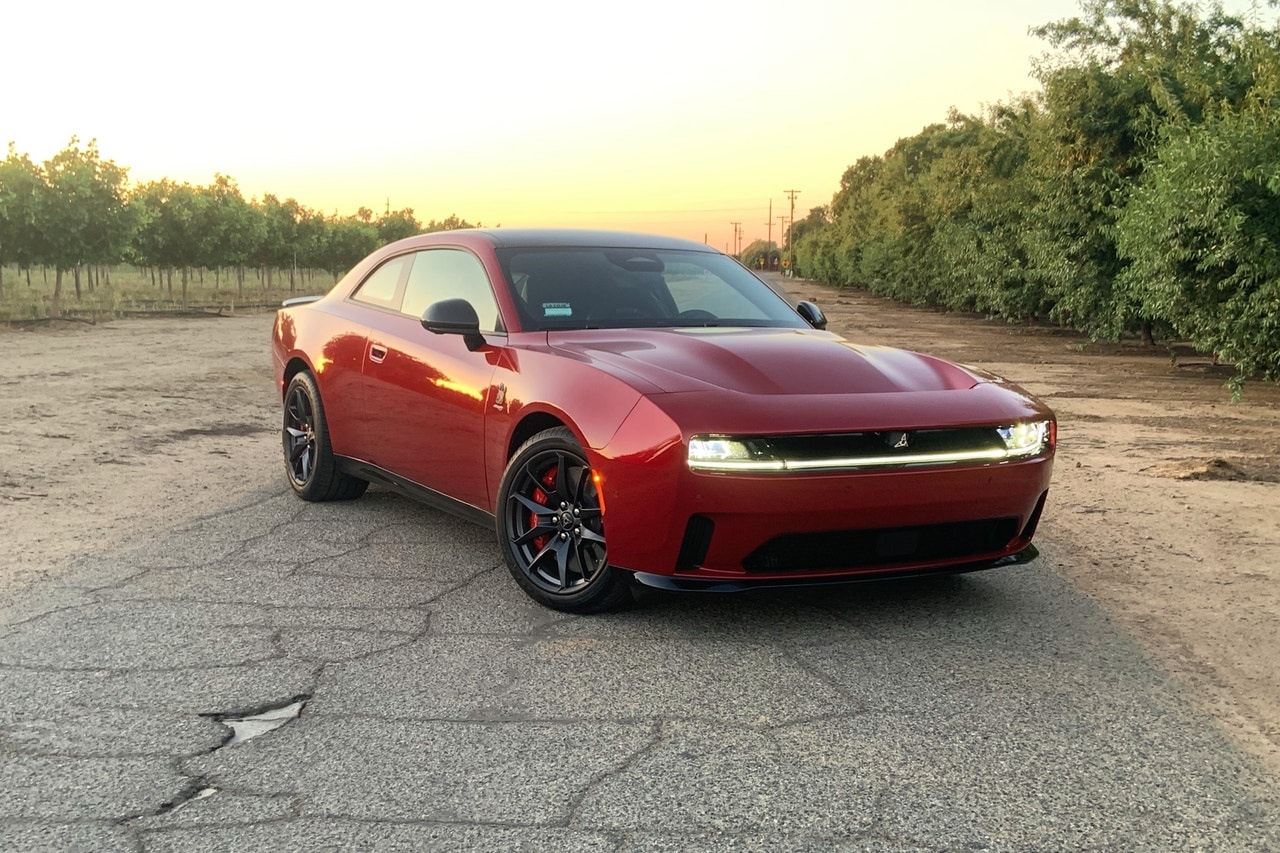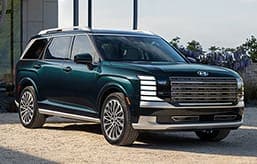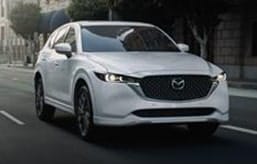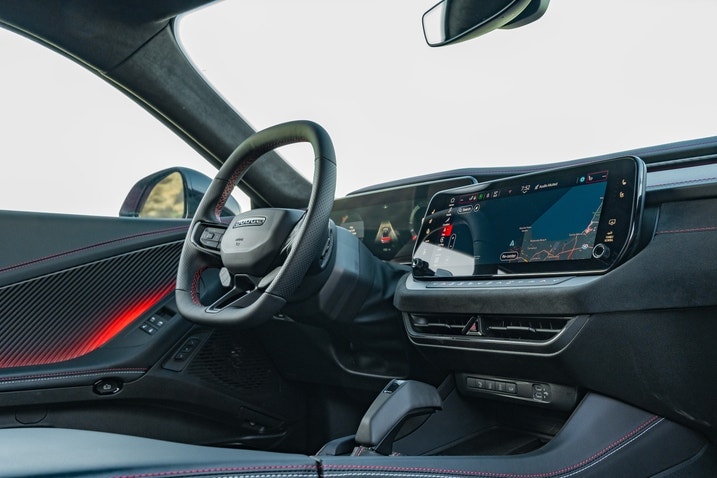- Edmunds' 2024 Dodge Charger Daytona had an incident of unintended acceleration.
- After some warning lights went on, it began to accelerate slowly on its own.
- So far, the situation has not reoccurred.
Yikes! Our Dodge Charger Daytona EV Had a Curious Case of Unintended Acceleration
Not the kind of acceleration you want from your 670-horsepower electric muscle car
Update, June 2: A Dodge spokesperson emailed us the company's official statement on the matter, which you can read at the end of the article.
There are certain things in my life that I simply expect to work the same every time. Water coming out of my kitchen faucet when I turn it on, for example, or the repetitive banality of a Hallmark holiday movie. A vehicle's accelerator and brake pedals would be on that list, too. Yet disappointingly, Edmunds' all-electric 2024 Dodge Charger Daytona couldn't get that right recently.
Let's call this the curious case of a Dodge Charger's unintended acceleration.
I'll get into it, but some background first. This Dodge Charger is part of Edmunds' One-Year Road Test fleet. These are vehicles that Edmunds' editorial team drives and lives with for a year (sometimes more), so we can better report on what the ownership experience is actually like. We bought our 670-horsepower Charger for $85,965 a few months ago, and I had been driving it for about a week in late May when the following situation occurred.
Unintended acceleration? You read that right
I was pulling out onto a thoroughfare street from a strip mall parking lot when warning lights appeared on the Charger's instrument panel for the stability control, frontal collision warning system, regenerative braking and more. There was also a short-lived message — it might have been something about the forward collision warning system — and that the car would be in low power mode. This wasn't good.
I could tell something was wrong because the car accelerated sluggishly. I got the Charger up to the speed of traffic OK, but then I noticed something was very wrong when I slightly lifted off the accelerator. First, the Charger wasn't using any regenerative braking to slow itself down like it should. (In an EV, you typically lift off the accelerator and the car decelerates without using the regular friction brakes.) It wasn't coasting, either. It was, in fact, accelerating.
I watched the speedometer and could tell the Charger was gaining speed at approximately 1 mph per second, even though I did not have a foot on the pedal.
My son was with me, so I had him take a video of what was happening. Soon, I was approaching a stop sign. I had to push on the brake pedal harder than usual to get the car to stop, but fortunately, it did stop. (Presumably, the extra effort was required to counteract the constant acceleration.) As soon as I lifted off the brake pedal, the car started accelerating again. It was a bit like the creeping forward effect you get with a regular car with an automatic transmission, but then it just kept going instead of being limited to a 2-3 mph top speed.
I let the car accelerate by itself as a test. It reached about 45 mph before I had to apply the brakes again for another stop sign. That was enough.
Using the time-tested fix for all things tech
I pulled off onto a side street from the stop sign and parked. Fortunately, the acceleration stopped when I put the transmission in Park. I thought about what to do and decided to employ the time-tested electronics tech fix of "turn it off and then turn it back on." I shut off the Charger, got out, locked the doors, let the car sit for about 10 seconds and then got back in and turned it back on.
And whaddaya know, abracadabra presto, the Charger was back to normal. The instrument panel's constant warning lights were gone and the car drove normally. I've driven our Charger since that day, and everything has been fine. I even redrove the exact route where the error occurred, but that did not trigger anything. The whole experience reminded me of Han Solo talking to the microphone after shooting up the Death Star's prison block.
Charger [talking into the microphone]: "Uhh, everything is under control, situation normal."
Me: What happened?
Charger: "Uhh, had a slight accelerator pedal malfunction, but, uhh, everything is perfectly all right now, we're fine, we're all fine here now, thank you. How are you?"
Next steps
Of course, you have to take my word for it, but I'm not a geriatric guy in a Camry confusing the brake pedal for the gas. Nor was it a misaligned floor mat that was pressing on the accelerator pedal. My co-workers and I also found discussions on Charger Daytona forums noting experiences very similar to ours. We're not alone.
But what caused this potentially dangerous situation? We don't yet. We're taking our Charger to the dealership posthaste.
Dodge's response
In an emailed statement, the company had this to say:
"In the rare event of an accelerator pedal fault, Stellantis has implemented a ‘drive-by-brake’ safety feature, which allows the driver to control speed through the brake pedal. In this instance, the feature worked as intended, and the driver was able to safely maneuver the vehicle off the road. This feature has been in Stellantis internal combustion engine vehicles for many years and has been carried over to battery electric vehicles."
It's interesting to hear the company describe this acceleration override as a "feature" rather than a bug. Nevertheless, we'll keep you posted about what happens when the Charger Daytona comes back from the dealer.







 by
by  edited by
edited by